I got used to things touching me in the ocean: A Muscovite on life in Australia
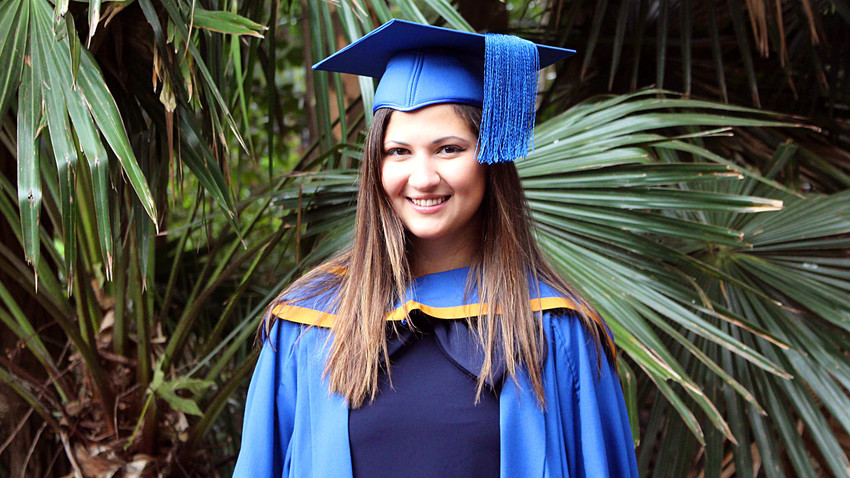
I met Tom, an Australian, in Moscow. He was working as a teacher at an international school, and I was doing science, having graduated in chemistry from Moscow State University. At some
We decided to move so I could get an internationally recognized teaching diploma. The choice was between England, the US, Canada, and Australia. The first three options were pricey or not convenient for various reasons, so we opted for Australia. Tom was offered a job there, and besides, his family hadn’t seen him for seven whole years
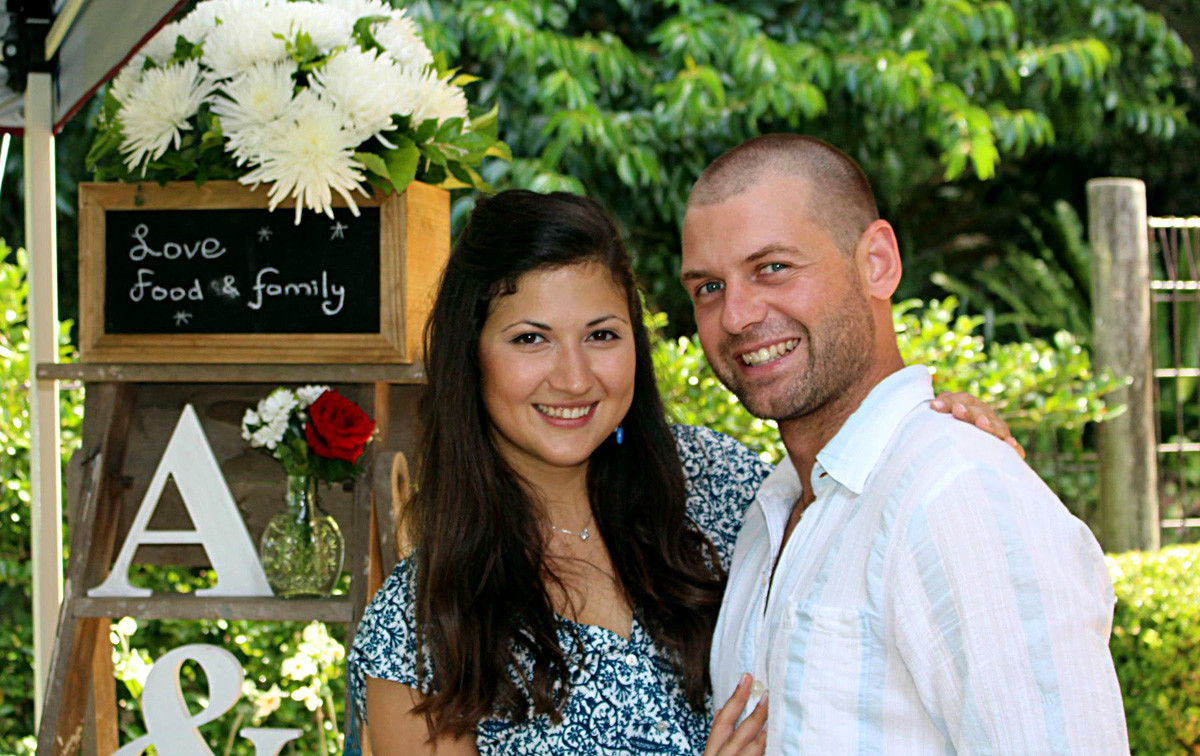
To begin with, I wore my stone-faced Moscow expression, because in Moscow nobody knows anyone and no one says hello to strangers. At first, it felt odd when strangers struck up a conversation with me. For example, you go to the supermarket, and the sellers are very friendly and ask how you’re doing. They probably thought I was a complete idiot because I didn’t know how to behave.
The first time I encountered a snake, I panicked. But after a
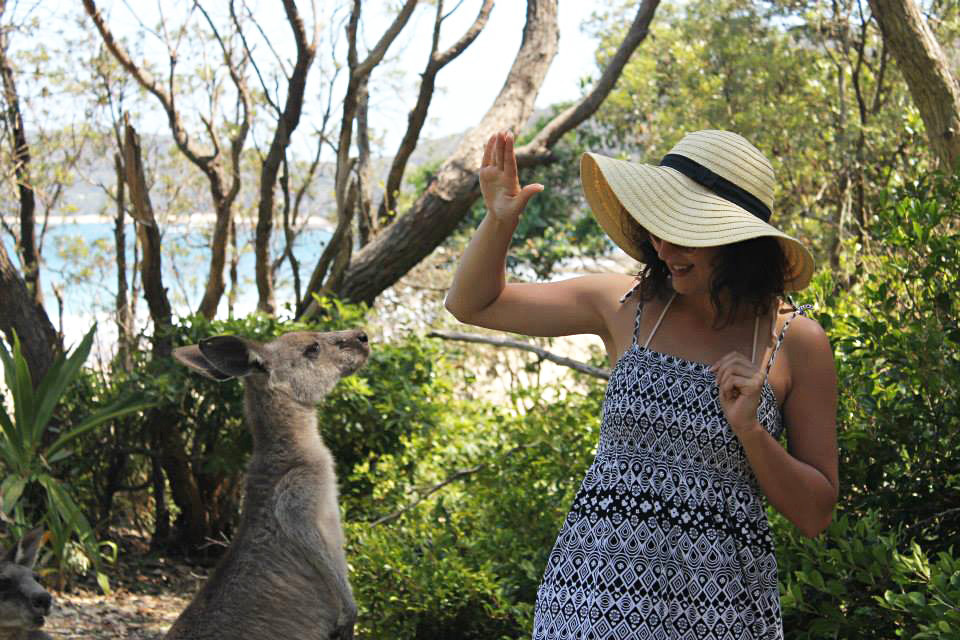
I got a job as a “casual” (as they say in Australia) science teacher. I cover other teachers who are sick or have left the job. It’s pretty tough finding work here, I have to say. You need a lucky break, a vacancy to suddenly appear, or an acquaintance who knows where to look.
In Russia, it is considered odd not to go to university after school. But here, academic knowledge is not given priority over any other kind.
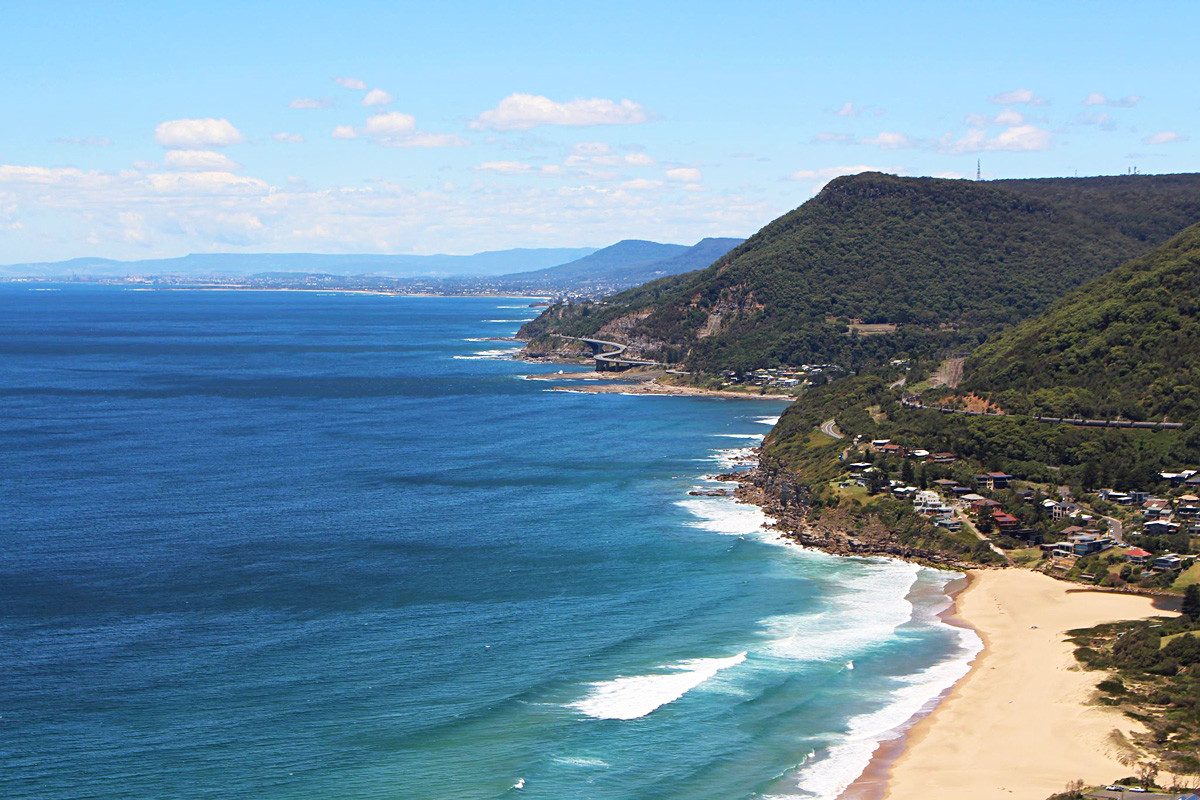
I like how Australian children are encouraged to develop critical and creative thinking. They’re not just spoon-fed knowledge, but taught to think about it and to understand what’s happening around and why. If you live by the sea, why does your bike rust more easily than Tommy’s, who lives up a mountain? Go and find out! Math is also grounded in real life. Kids learn how credit cards work, and how to calculate how much you need to buy a house
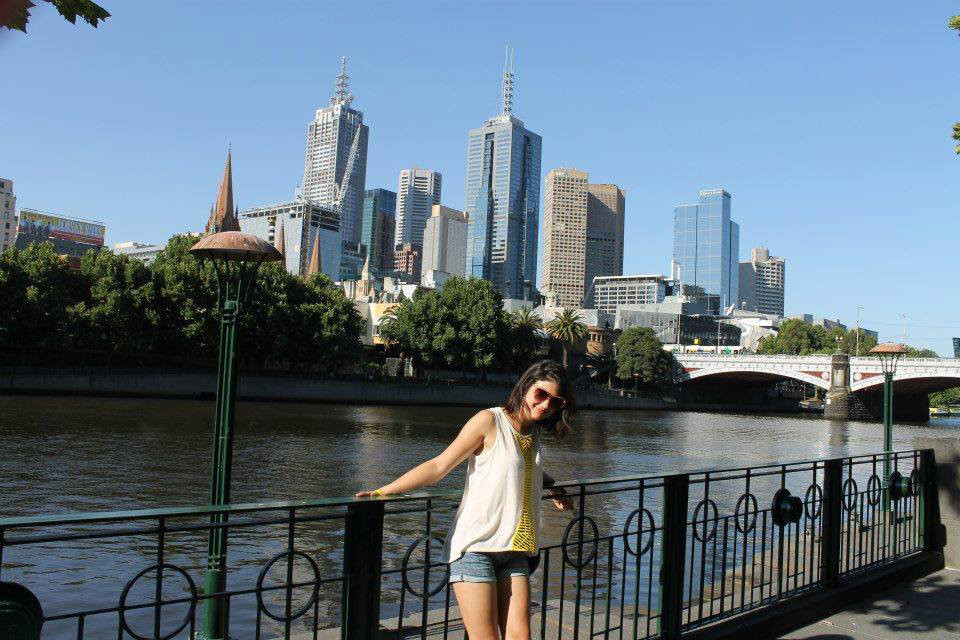
It’s strange, but I miss food that I usually never ate back in Moscow. For example, salami-style sausage or herring in wine vinegar (there’s
Sometimes I miss speaking Russian. I still can’t believe that I work and teach children in a language that’s not my own.
Everything’s different here. All the things I learned growing up seem like from another world. For example, here the ocean is very humid and laundry can take a week to dry (in Moscow every
* The names have been changed at the request of the interviewee
This is part of a series of articles about Russians living abroad. READ MORE how Daria got tangled up with the local mafia on Bali
If using any of Russia Beyond's content, partly or in full, always provide an active hyperlink to the original material.
Subscribe
to our newsletter!
Get the week's best stories straight to your inbox